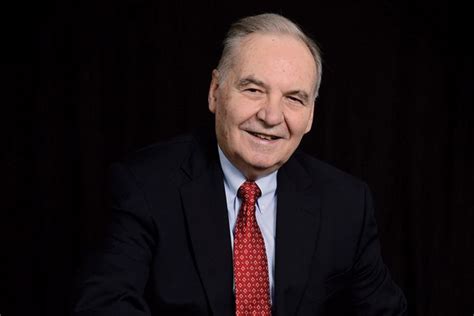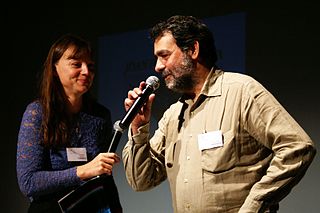A Quote by Norman Geisler
Most relativists believe that relativism is absolutely true and that everyone should be a relativist. Therin lies the self-destructive nature of relativism. The relativist stands on the pinnacle of an absolute truth and wants to relativize everything else.
Related Quotes
The absolutist lays down the law, but the relativist hears only roaring and bawling. Or, when the relativist voice, as it is heard from philosophers such as Nietzsche or James, itself starts to grate and sounds shrill, as it often does, and when the relativist then offers concessions, the absolutist hears only insincerity. The war of words can often turn into a dialogue of the deaf, and this too if part of its power to arouse outrage and fury.
Why are people so concerned with relativism? If you look back in history, millions of people were killed because of someone's dogmatic views, but I do not remember anybody being killed due to the tolerance of difference, to relativism; ethically relativism does not seem to be such an awful thing, really.
Can an idea a notion as abstract as Relativism produce by itself the effects alleged? cause all the harm, destroy all the lives and reputations? I am as far as anyone can be from denying the power of ideas in history, but the suggestion that a philosophy (as Relativism is often called) has perverted millions and debased daily life is on the face of it absurd. No idea working alone has ever demoralized society, and there have been plenty of ideas simpler and more exciting than Relativism.
My version of relativism is pluralistic and attributes functions to morality that in combination with human nature place limits on what could count as a true morality. Unlike many other relativists, I do not hold that people are subject to a morality because they all belong to a certain group. That is, I don't hold that being a member of a group makes one's subject to some set of generally accepted norms. What is true is that others around us teach us morality and moral language, so they inevitably influence us.
Intellectuals resist faith longer because they can: where ordinary people are helpless before the light, intellectuals are clever enough to spin webs of darkness around their minds and hide in them. That's why only Ph.D.s believe any of the 100 most absurd ideas in the world such as Absolute Relativism, or the Objective Truth of Subjectivism, of the Meaningfulness of Meaninglessness and the Meaninglessness of Meaning, which is the best definition of Deconstructionism I know.




































